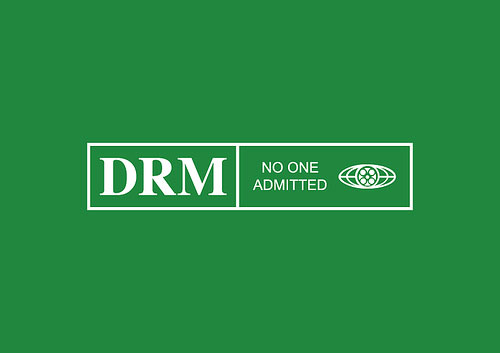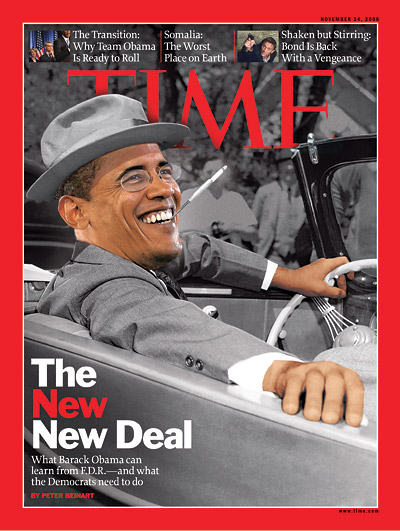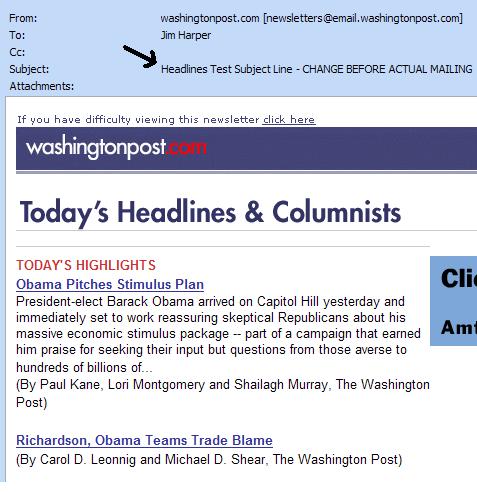First, let me just thank all the TLF readers who actively participate by commenting on the site. We really value your participation in this community built on a shared interest in technology policy!
Readers who visit the site will notice two new badges at the top righthand corner of the site for the TLF’s Twitter and Facebook pages. Please take a moment to follow us on Twitter and to become a fan of our Facebook page—and to “share” that page with your friends on Facebook. Of course, we also have RSS feeds for the blog and the Tech Policy Weekly podcast (RSS or iTunes), which should again become more “weekly” this year.
I’d love to hear any ideas any TLF readers might have about how to increase the site’s readership or upgrade its functionality. With the TLF’s five year anniversary coming up this August, we’re looking for ways to make the most of the blog as a tool for “keeping the politicans’ hands off the ‘net and everything else related to technology.”
Two quick tech tips for using the site. First, regarding Disqus (“Discuss”), our Comment Management System: If you haven’t already done so, don’t forget to “claim” comments made with your email address. As Disqus explains, this will help ensure that no one else posts a comment under your name (something only someone as dastardly as, say, Jim Harper might do):
If you’ve made a comment on a blog using Disqus, you automatically have a profile. To claim the comments and profile, verify your identity by clicking “Claim” on the profile. Once the profile is claimed, no one else will be able to use that profile or email address to comment aside from you.
Second, Adam and I often post PDFs in our posts using the nifty iPaper viewer provided by Scribd (for example here). Because it’s Flash, this tool allows you to see a PDF embedded on a page without having to download it or wait for the whole document to load. A few of our crochetier TLF colleagues have complained that the Flash viewer is too small to read easily. The simple solution is to click the rectangle-in rectangle button at the top right corner of the Scribd viewer, which will instantly expand the viewer to full-screen. If clicked again, the viewer will revert to its original size. This feature doesn’t seem to be as self-explanatory as the folks at Scribd assume.
Again, thanks for reading and for your feedback!



 Apple has announced it will be dropping DRM, completing the transition from its DRM-Free-For-a-Fee model to one where DRM music isn’t an option. As
Apple has announced it will be dropping DRM, completing the transition from its DRM-Free-For-a-Fee model to one where DRM music isn’t an option. As  You’d have to get your picture taken at the DMV.
You’d have to get your picture taken at the DMV.


 The Technology Liberation Front is the tech policy blog dedicated to keeping politicians' hands off the 'net and everything else related to technology.
The Technology Liberation Front is the tech policy blog dedicated to keeping politicians' hands off the 'net and everything else related to technology.